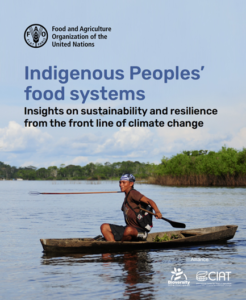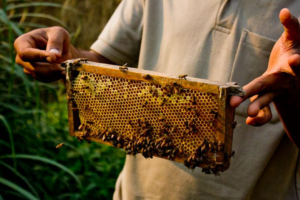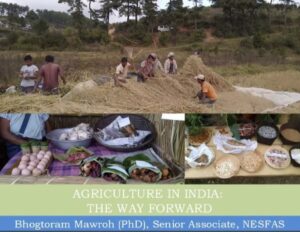In a bid to repair the affected demand and supply chain of local produce due to the ongoing COVID-19 pandemic, NESFAS, since last year has facilitated an initiative called Farm on Wheels (FOW) under the project, “No One Shall Be Left Behind.” The FOW initiatives have been started by members of various Participatory Guarantee System (PGS) groups from communities across Meghalaya. The initiative aims at allowing small-scale businesses to function and ensures the urgent need to safeguard domestic food security while adhering to the COVID-19 safety protocols.
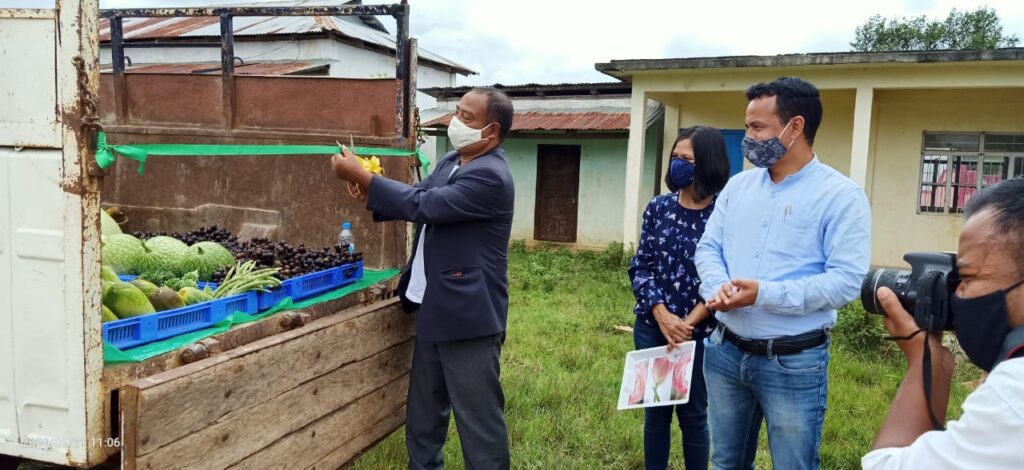
The Mulum community from West Jaintia Hills started their FOW initiative on the 21st of September last year. A novel initiative at that time, sales on their first few drives were pretty slow as people were apprehensive of stepping out of their homes. However, sales picked up as the drives continued and the group has conducted 13 FOW drives since. Most of these drives have been conducted in nearby villages selling an array of organic fruits (orange, wild apple, gooseberry, etc) and vegetables (broccoli, yam, beans etc).
The group from Mulum have only been exploring nearby villages and the testing of waters in these villages has been extremely successful. Mawkyndeng is one village where the FOW drives have been taking place and the village headman has been one of the most supportive customers. According to the farmers, he issued an NOC to the group so that nobody would object these FOW drives in Mowkyndeng village from Oct 2020-March 21. This year too, since July, he has issued the NOC for the group through the convener for them to continue selling in the village.
For the farmers, the economic difference from selling their produce to retailers in the local market to selling their own produce through these drives has been colossal. They have been able to make much better profits by selling their organic produces directly through the FOW while also building their relationship with customers. According to the farmers, some of the customers have started taking the contact number of the farmers so that they can enquire on when the next sales would take place or if they could place orders for some of the vegetables. However, hiring vehicles for the FOW drives remain one of the biggest challenges for the Mulum FOW group.
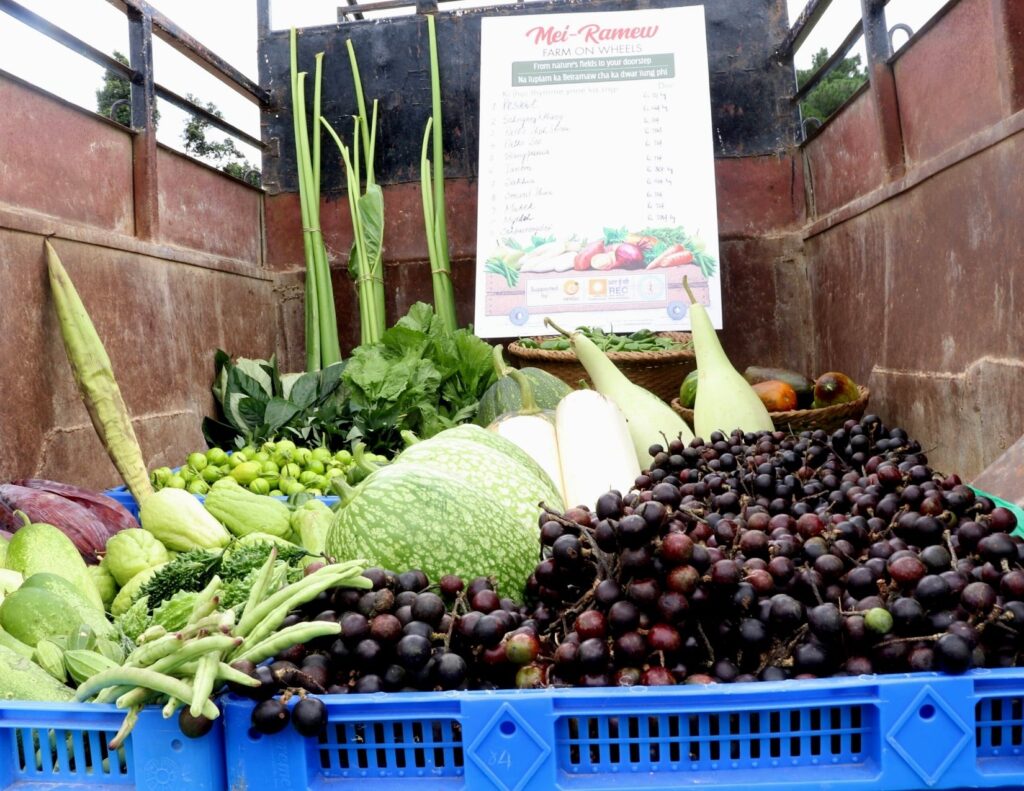
On the other hand, the biggest positive challenge for the group from Mulum has been their inability to meet the high demands for organic vegetables and fruits from the customers. The group shared on how customers were willing to pay any price the farmers quote as long as the vegetables and fruits were organic. The farmers also believe that consumers are becoming much more health conscious and attributes that to one of the main reason why there is such a high demand for wild and organic vegetables. This in turn, has also greatly benefitted the group as they set their sights on increasing their produce and also growing a greater variety of crops in their farms in the near future.
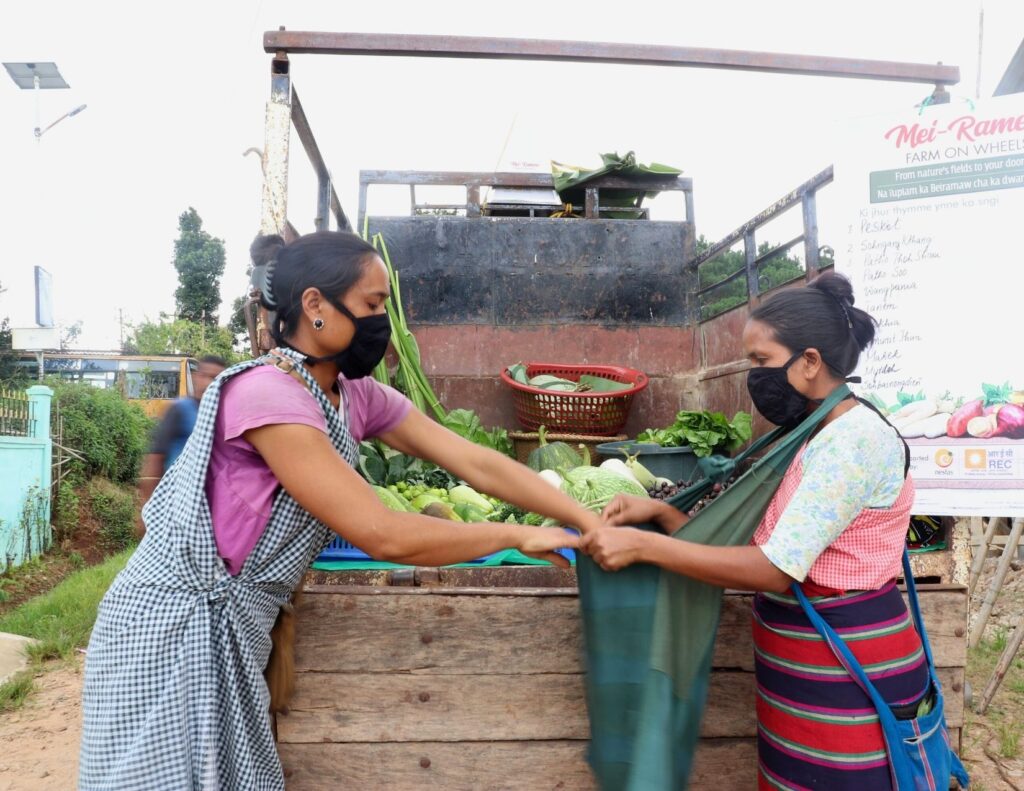
Kong Rewiancy Suchiang from Mulum community believes the FOW initiative has been one of the best business platforms for the PGS farmers of the community: “FOW benefitted our life in many ways. We can sell our produce by fixing the price on our own.” The trust that has developed over the numerous drives has also helped create a relationship where there is no bargain for price from the customers and create sales at a reasonble price.
Kong Kitbok Suchiang, another PGS farmer from Mulum community describes these drives not only as business drives but also educational drives as many of the farmers give customers recipes on how to cook certain vegetables and wild edibles that they buy.

